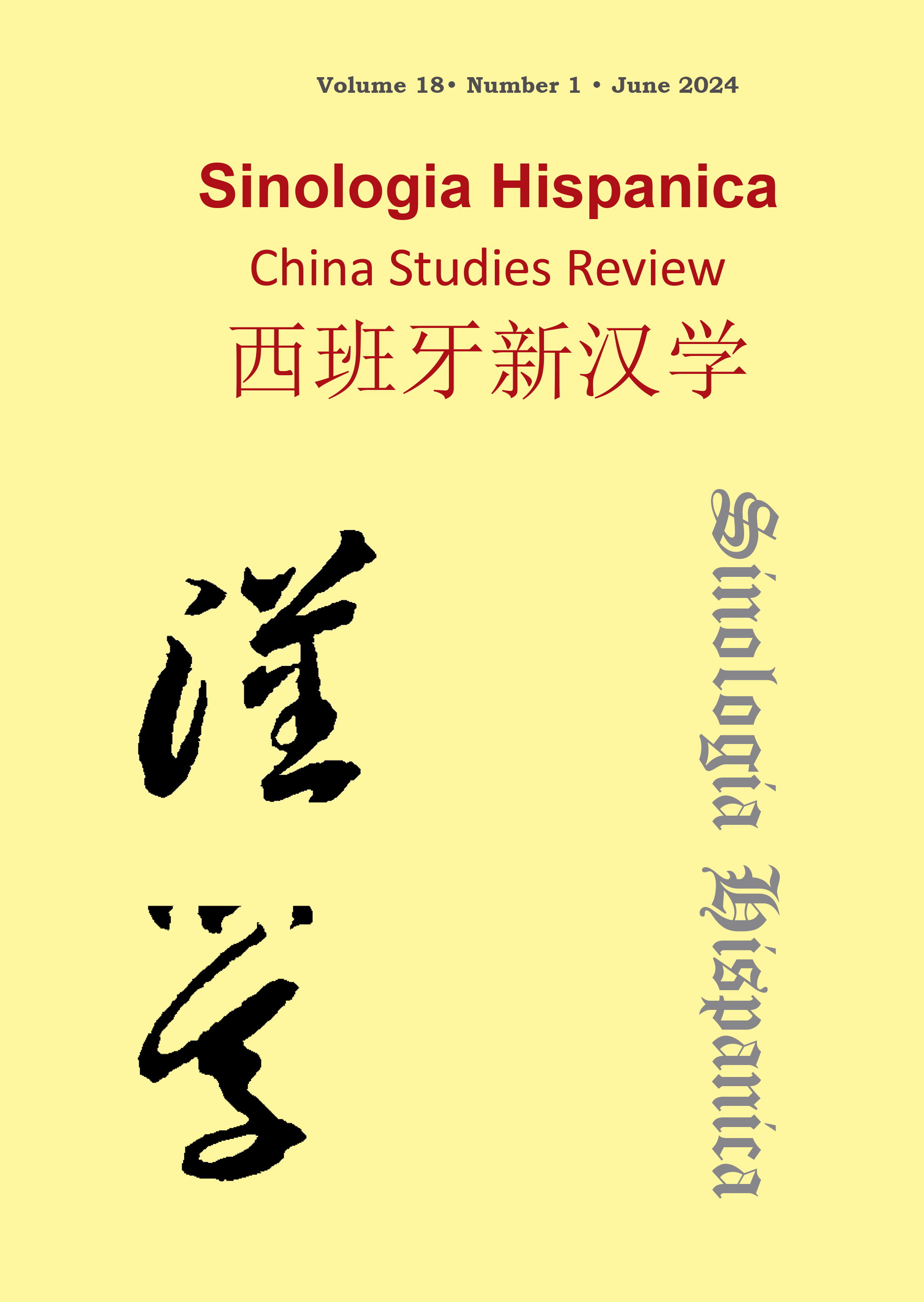La Adaptación de la Generación 1.5 de los Inmigrantes Chinos en España
DOI:
https://doi.org/10.18002/sin.v18i1.8431Palabras clave:
generación 1.5; inmigrantes chinos en España; conflicto cultural; identidad.Resumen
Desde la década de 1980, los inmigrantes chinos en España han experimentado un crecimiento rápido y constante, emergiendo como una parte significativa de la sociedad española. En comparación con la primera generación de inmigrantes chinos que se establecieron en España (padres), la generación 1.5 (hijos) muestra más características de la vida española. Sin embargo, debido a la identidad china natural, surgen conflictos culturales inevitables durante el proceso de socialización local. En el choque de las dos culturas, la pregunta de “¿dónde pertenezco?” se convierte en una fuente persistente de confusión de identidad. Este artículo toma las interacciones culturales entre los inmigrantes de la generación 1.5 y la cultura española local como punto de partida para explorar la adaptación cultural de la nueva generación de inmigrantes chinos en España. Los hallazgos de la investigación revelan que la generación 1.5 de inmigrantes chinos en España enfrenta desafíos como la separación familiar, la discriminación y la búsqueda de empleo, pero demuestran un fuerte compromiso con la familia y el negocio familiar, y encuentran una identidad cultural única entre la cultura española y la china.
Descargas
Métricas alternativas
Publicado
Versiones
- 2026-01-22 (3)
- 2024-07-15 (2)
- 2024-07-07 (1)
Cómo citar
Número
Sección
Licencia

Esta obra está bajo una licencia internacional Creative Commons Atribución-NoComercial-CompartirIgual 4.0.
Sinologia Hispanica. China Studies Review considers all manuscripts on the strict condition that
- The authors grant on a nonexclusive basis the exploitation rights (reproduction, distribution, public communication and transformation) of the work accepted for publication to the University of León. The authors can establish, on their own, additional agreements for the non-exclusive distribution of the version of the work published in the journal (for example, placing it in an institutional repository or publishing it in a book), always acknowledging the initial publication in this journal.
- The manuscript is your own original work, and does not duplicate any other previously published work, including your own previously published work.
- The manuscript is not currently under consideration or peer review or accepted for publication or in press or published elsewhere.
- The manuscript contains nothing that is abusive, defamatory, libellous, obscene, fraudulent, or illegal.
- Please note that Sinologia Hispanica uses Turnitin software to screen manuscripts for unoriginal material. By submitting your manuscript to Sinologia Hispanica you are agreeing to any necessary originality checks your manuscript may have to undergo during the peer-review and production processes. Any author who fails to adhere to the above conditions will be rejected.
- Authors are allowed and encouraged to electronically disseminate the pre-print versions (version before being evaluated) and / or post-print (version evaluated and accepted for publication) of their works before publication, since it favors their circulation and earlier dissemination and with it a possible increase in its citation and scope among the academic community.
Sinologia Hispanica is under Creative Commons Attribution-NonCommercial-ShareAlike 4.0 International License. You can read more about this license in versión informativa and texto legal.










